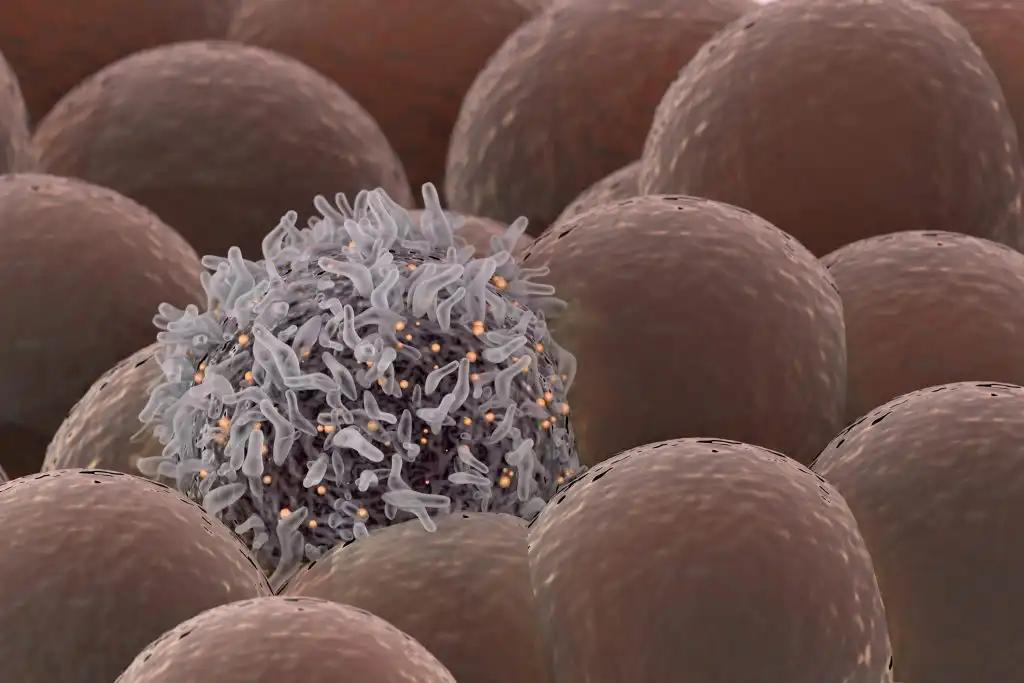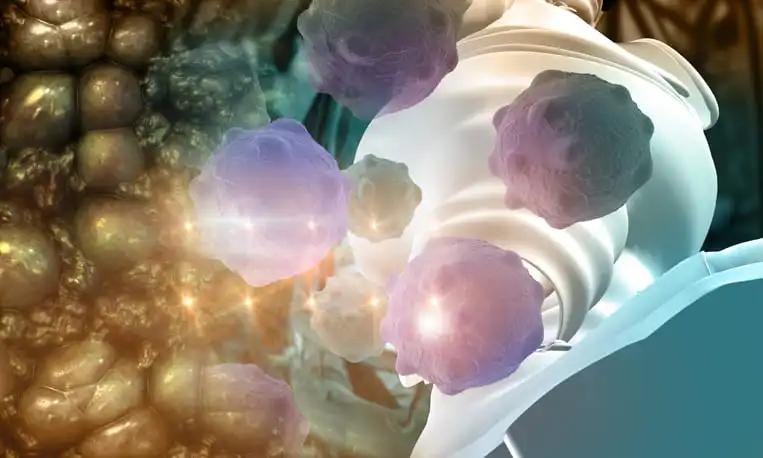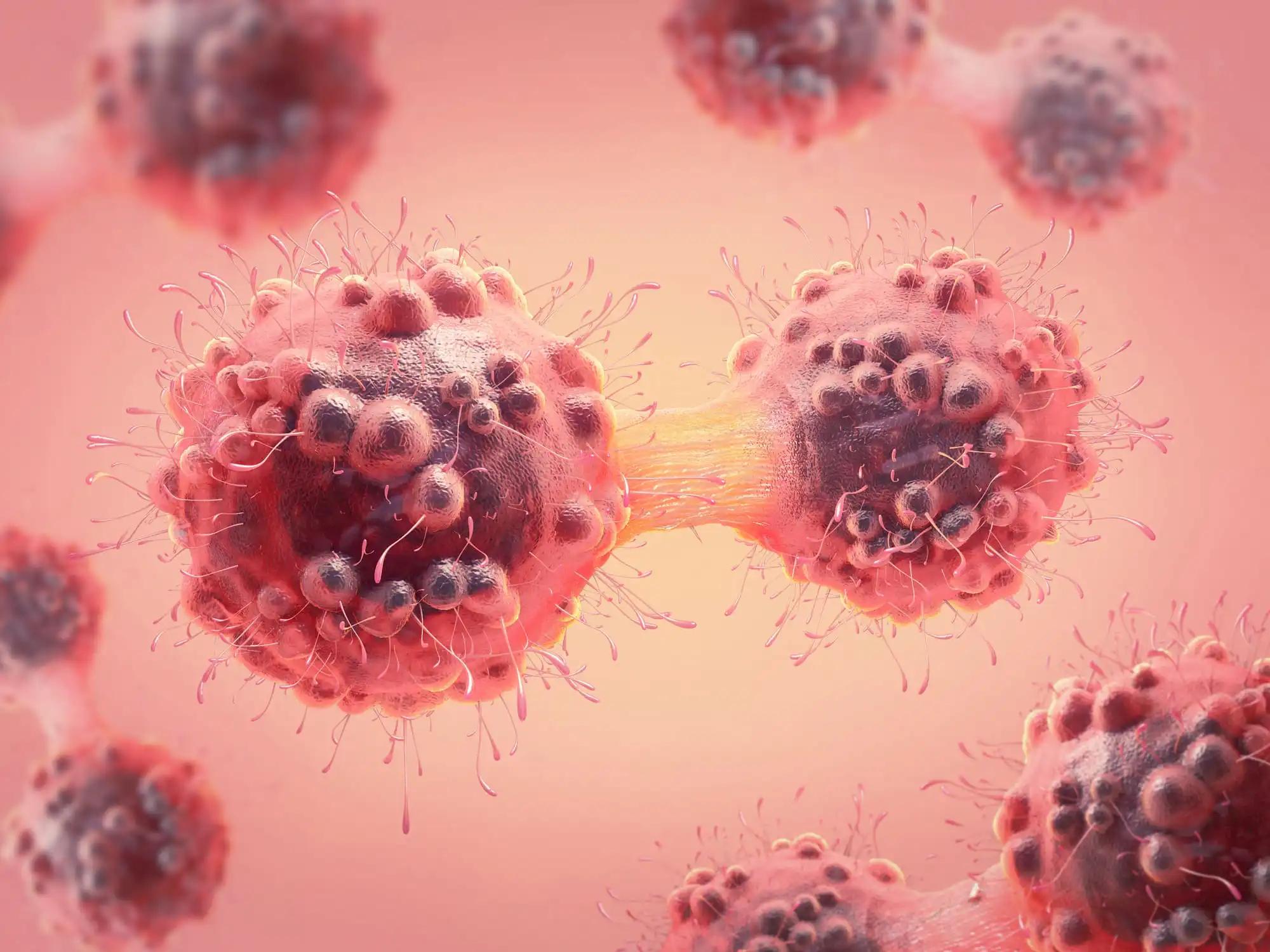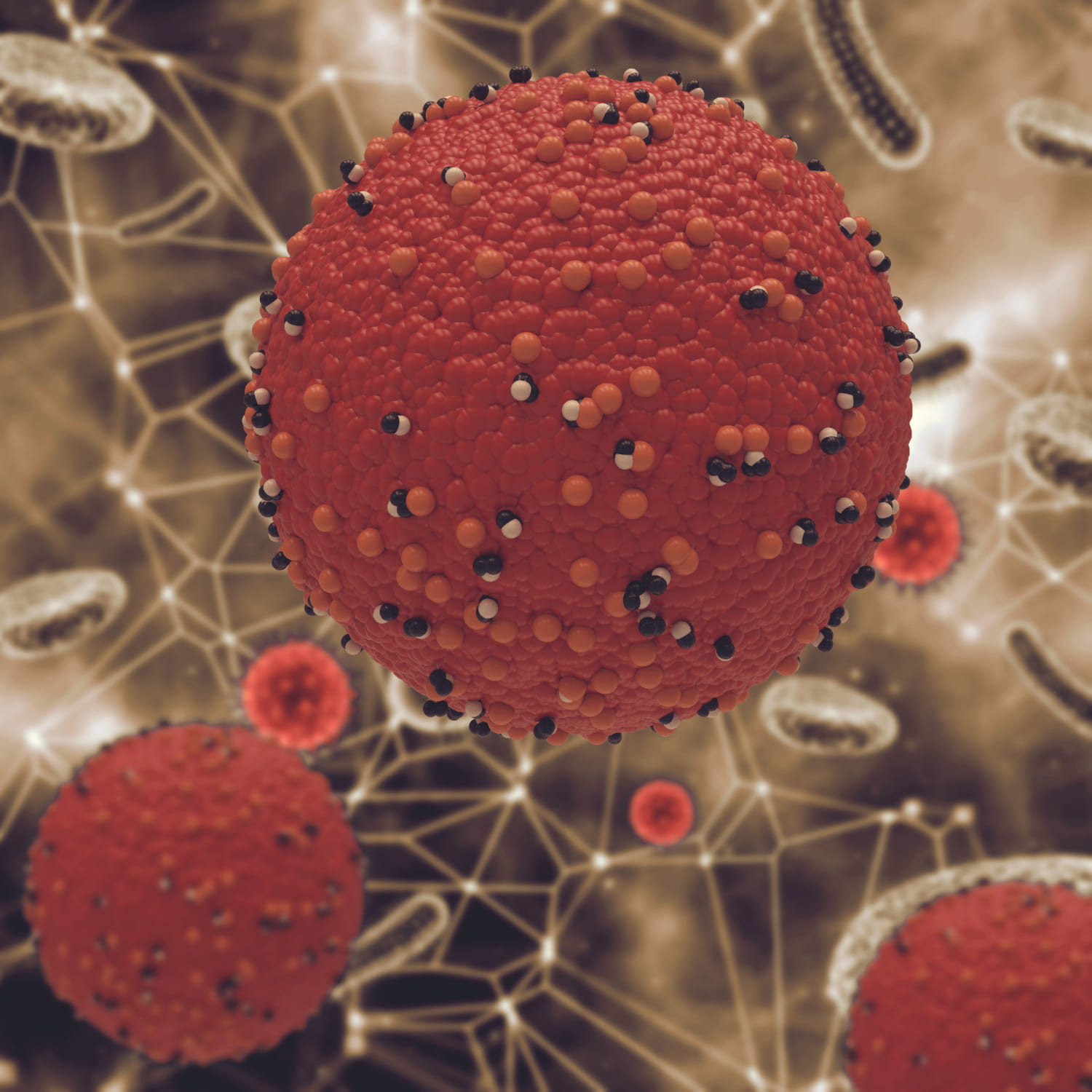KEY TAKEAWAYS
- The study aimed to investigate the efficacy and safety of Nivo-Ipi combination therapy compared to Nivo alone in advanced cancer types (excluding melanoma).
- The primary endpoints were to determine OS, PFS, and AE’s.
- Researchers found no significant OS benefit with Nivo-Ipi over Nivo alone in advanced cancers (excluding melanoma); further investigation is ongoing.
Nivolumab (Nivo) and ipilimumab (Ipi) have emerged as potent agents in cancer treatment, targeting distinct immune pathways. While their combination has shown efficacy in melanoma, its benefits in other cancers remain unclear.
Hussain Sohail Rangwala and the team aimed to evaluate the efficacy and safety of Nivo-Ipi versus Nivo alone in advanced cancer types, excluding melanoma.
They performed an inclusive meta-analysis following PRISMA guidelines up to September 30, 2023. Databases were systematically searched for randomized controlled trials (RCTs) focusing on advanced solid malignancies (excluding melanoma), with specific dosing of Nivo and Ipi. Primary outcomes encompassed overall survival (OS), progression-free survival (PFS), grades 3-4 adverse events (AEs), and treatment-related discontinuations. Secondary outcomes included specific AEs. Statistical analysis in Review Manager incorporated hazard ratio (HR) and risk ratio (RR), evaluating heterogeneity (Higgins I2).
About 9 RCTs, encompassing 2152 patients with various malignancies, were analyzed. The Nivo plus Ipi group demonstrated a median OS of 12.3 months and a median PFS of 3.73 months, while monotherapy exhibited 11.67 months and 3.98 months, respectively. No significant difference was observed in OS between the Nivo-Ipi combination and Nivo alone (HR = 0.97, 95% CI: 0.88 to 1.08, P = 0.61). However, a slight improvement in PFS was noted with combination therapy (HR = 0.91, 95% CI: 0.82 to 1.00, P = 0.04).
Treatment-related cumulative grades 3-4 AE’s were higher with Nivo and Ipi (RR = 1.52, 95% CI: 1.30 to 1.78, P < 0.00001), as were treatment-related discontinuations (RR = 1.99, 95% CI: 1.46 to 2.70, P < 0.0001). Additionally, hepatotoxicity (RR = 2.42, 95% CI: 1.39 to 4.24, P = 0.002), GI toxicity (RR = 2.84, 95% CI: 1.44 to 5.59, P = 0.002), pneumonitis (RR = 2.29, 95% CI: 1.24 to 2.23, P = 0.008), dermatitis (RR = 2.96, 95% CI: 1.08 to 8.14, P = 0.04), and endocrine dysfunction (RR = 6.22, 95% CI: 2.31 to 16.71, P = 0.0003) were more frequent with Nivo and Ipi.
The study concluded that combining Nivo and Ipi did not significantly improve OS compared to Nivo alone in advanced cancers (excluding melanoma). However, it did demonstrate slightly better PFS at the expense of increased toxicity, notably grades 3-4 AEs. Specific AEs were more prevalent in the combination group. Further trials are warranted to comprehensively evaluate the efficacy and safety of this combination in treating advanced cancers.
The study received no funds.
Source: https://pubmed.ncbi.nlm.nih.gov/38705953/
Rangwala HS, Fatima H, Ali M, et al. (2024). “Evaluating the efficacy and safety of nivolumab and ipilimumab combination therapy compared to nivolumab monotherapy in advanced cancers (excluding melanoma): a systemic review and meta-analysis.” J Egypt Natl Canc Inst. 2024 May 6;36(1):14. doi: 10.1186/s43046-024-00218-2. PMID: 38705953.









